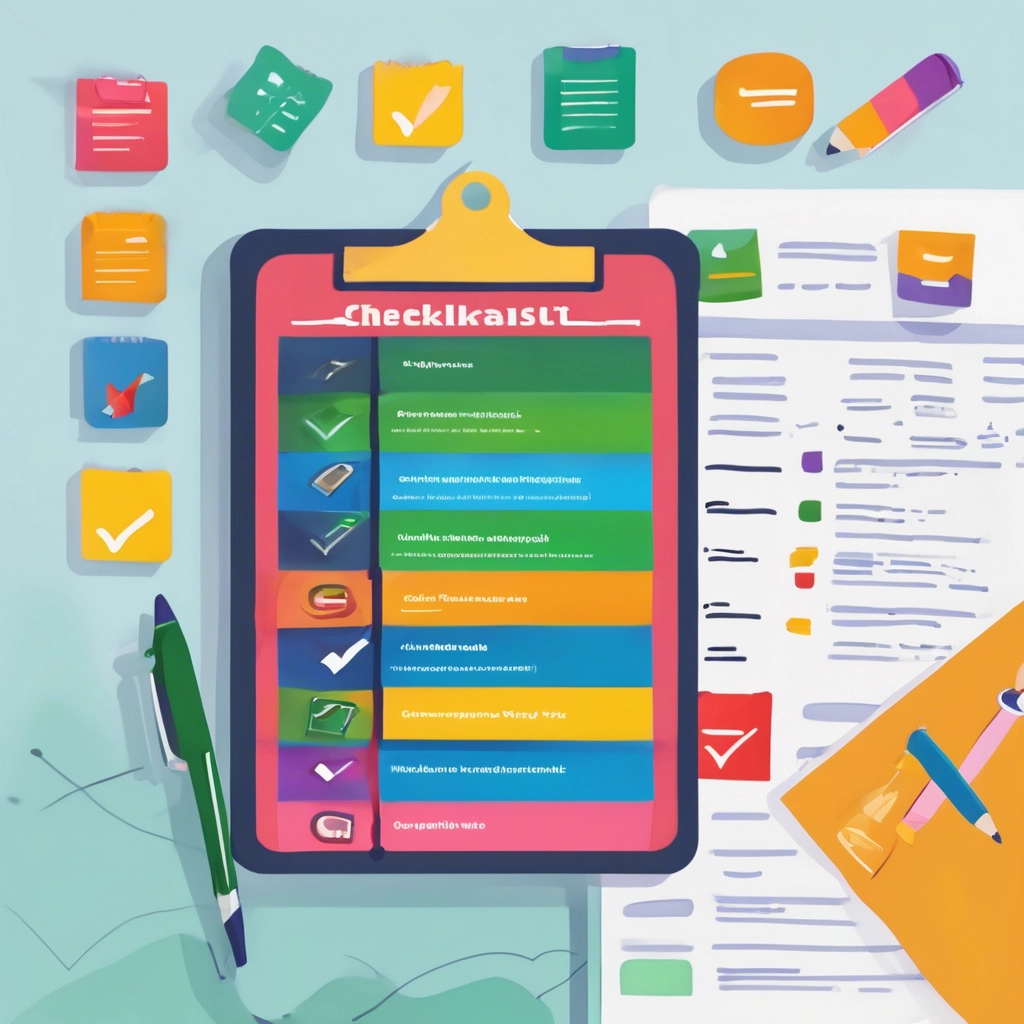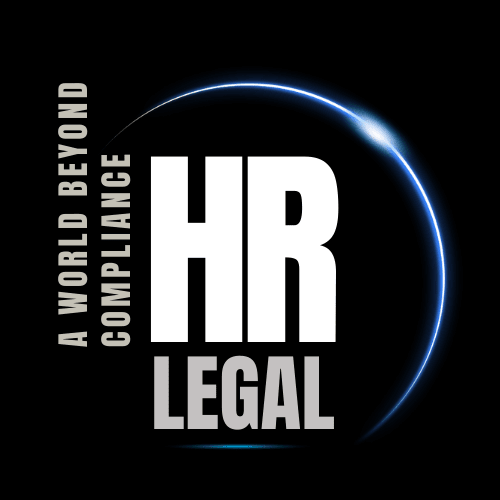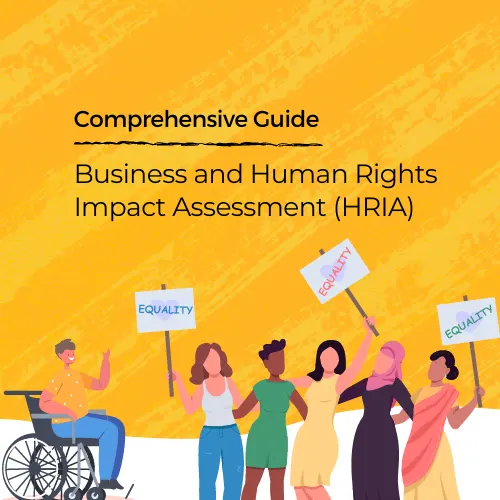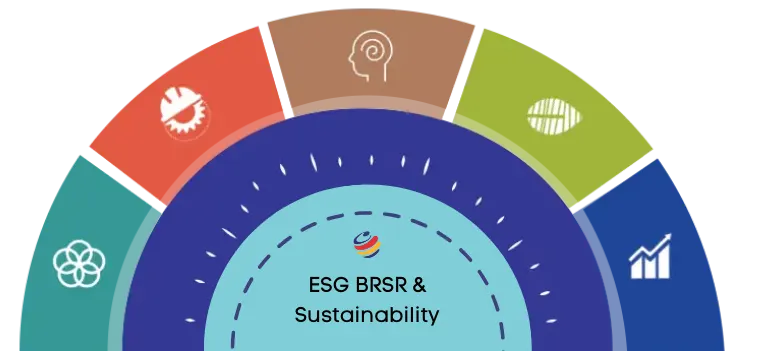
Diversity and inclusion in the workplace: Today’s business world changes fast. Companies that focus on diversity, equity, and inclusion (DEI) do better and also deal with important human rights issues.
Building a DEI culture isn’t just the right thing to do; it helps a business succeed. Companies that value diversity and inclusion see happier workers, more new ideas, and better choices.
But DEI means more than just hiring different people. It needs a full plan to give everyone fair chances, no matter their background. This includes fair hiring, inclusive rules, and training that makes everyone feel they belong and are respected.
To keep up with a varied workforce and global market, businesses must face DEI challenges directly. By using DEI ideas, companies can attract and keep talented people and build a workplace that values differences.
This helps everyone do their best. By doing this, businesses not only do well but also respect everyone’s basic rights.
What you will find here
Why diversity and inclusion in the workplace matter
Diversity, equity, and inclusion (DEI) are key to a strong workplace where everyone can succeed. In today’s global business world, a diverse and inclusive workforce is not just good to have, it’s essential for success.
Using DEI can bring many benefits to companies, like new ideas and happier workers. You can learn more about the challenges in this area of inclusion and diversity.
Diversity means having people from different backgrounds and with different experiences working together. This includes differences in race, gender, age, sexual orientation, disability, and social background.
Equity means everyone has the same chances and resources, no matter who they are.
Inclusion means everyone feels valued, respected, and are able to share their unique skills and ideas.
When companies focus on diversity, equity, and inclusion in the workplace, they create a workplace that values differences and encourages open talk. DEI trainings for employees play a very critical role in this process. This awareness helps employees do well. It also leads to better business results and follows basic human rights like equality and respect.
By building a DEI culture, companies can have a workforce that can handle today’s complex business world and grow sustainably.
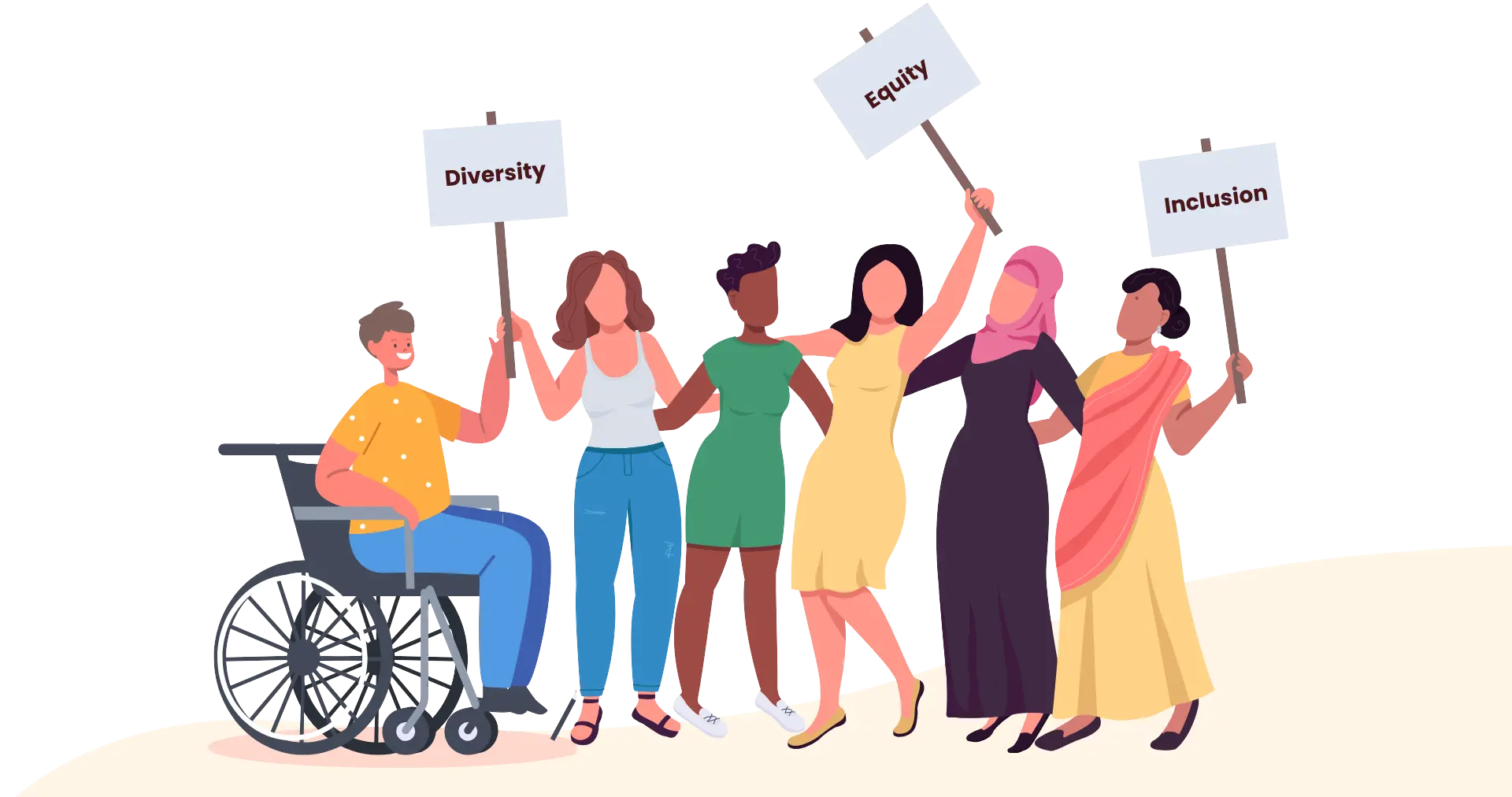
The business benefits of diversity, equity, and inclusion at workplace
Besides being the right thing to do, DEI also makes good business sense. Companies that focus on DEI often see more new ideas, better decisions, and stronger financial results. Many DEI consultants can help organisations achieve these benefits.
Numerous studies show that diverse teams are more creative. When people with different backgrounds work together, they question assumptions and come up with new solutions. This can give companies an edge in a changing global market. If you need help understanding your current standing, consider a diversity, equity, and inclusion assessment.
Research also shows that companies with diverse leaders do better financially. Diverse teams can spot risks better because they consider more viewpoints. This leads to better decisions and a stronger bottom line. Many businesses seek DEI consulting to improve their leadership diversity.
Also, diversity, equity, and inclusion in the workplace can make employees happier, more likely to stay, and more productive.
When people feel valued for who they are, they are more motivated and committed to the company’s success. This means lower turnover and higher productivity, which helps the company financially.

Diversity, equity, and inclusion in the workplace as a matter of human rights
DEI at work is not just about business; it’s about basic human rights that companies must respect. Ideas of equality and respect are in international human rights requirements like the Universal Declaration of Human Rights.
These laws say everyone deserves equal treatment and chances at work, no matter their background. Discrimination is against human rights and hurts employees.
By using diversity, equity and inclusion in the workplace, companies respect their employees’ human rights. This means fair hiring, equal chances for training, and a workplace free from harassment. For expert guidance on this, you might consider engaging with DEI training for employees and DEI consultancy.
Also, when companies value DEI, it can help the wider community. They can set an example for other businesses. This can lead to a fairer society where everyone has a chance to succeed.
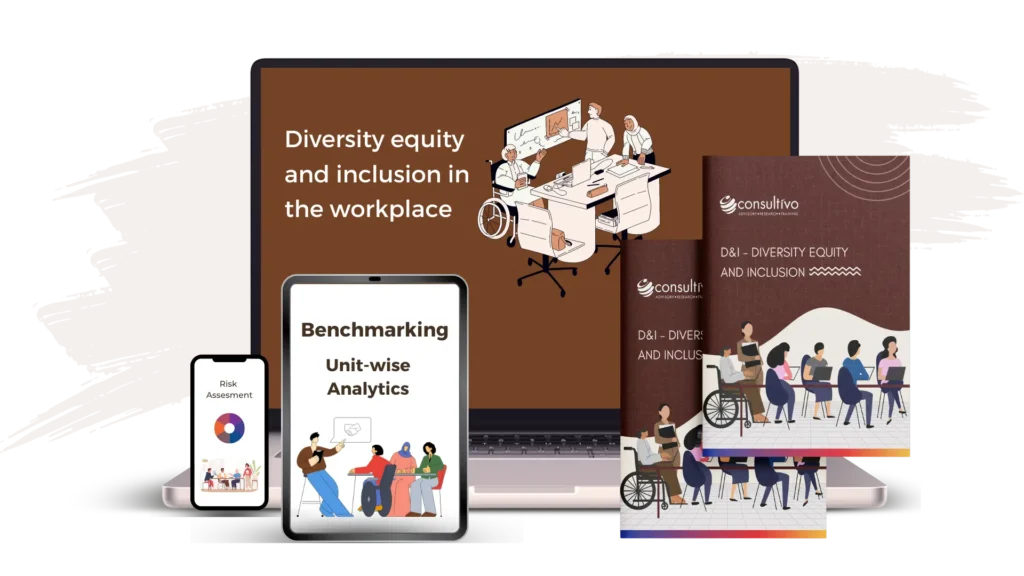
Challenges for businesses in building a diversity, equity, and inclusion in the workplace or DEI culture
While DEI has clear benefits, creating a truly inclusive culture can be hard for many companies. From hidden biases to resistance to change, businesses face many obstacles in building a diverse, fair, and inclusive workplace. Many diversity and inclusion consulting firms in India can offer support in navigating these challenges.
One big challenge is dealing with hidden biases. These can affect hiring, promotions, how performance is judged, and career growth. These biases can lead to unfair treatment and stop companies from creating a level playing field.
Another challenge is when people resist diversity, equity, and inclusion in the workplace efforts. Some workers might feel threatened by a more diverse workplace, fearing they will lose opportunities. Overcoming this resistance and encouraging openness is key for DEI to succeed. For overcoming the resistance, structured employee DEI training programmes play a very vital role.
Also, companies struggle to define and measure DEI success. Setting clear goals and linking them to the company’s overall plan can be difficult. Without a good way to track DEI, it’s hard to know what’s working and make improvements.
How to promote diversity, equity, and inclusion at work
To overcome challenges and enjoy the benefits of a diverse, equitable, and inclusive workplace, organisations must adopt a comprehensive and strategic approach.
This involves implementing a range of initiatives and practices that address the various facets of DEI, from recruitment and talent development to leadership and organisational culture.
Consider exploring DEI courses to build internal expertise.
One key step is for company leaders to clearly show they support DEI. This includes setting diversity, equity and inclusion in the workplace goals, providing resources for DEI work, and making sure leaders actively promote these values. When leaders strongly support DEI, it shows employees that these ideas are important to the company.
Another important step is to have fair hiring and promotion practices that remove bias. This ensures everyone has an equal chance to succeed. This can include using blind resume reviews, training hiring managers about hidden biases, and having clear promotion rules based on merit.
Companies should also invest in the growth of their diverse workforce. This can mean offering mentorship programmes, providing specific training, and making sure all employees have the resources they need to succeed. Effective DEI Training is crucial here.
Finally, creating an inclusive culture is essential for DEI to last. This can involve creating employee groups, conducting regular employee DEI trainings, holding DEI events, and encouraging open communication between different teams.
By making everyone feel like they belong and are respected, companies can build a workplace where everyone can contribute and thrive.
Building a truly inclusive workplace goes hand in hand with respecting human rights. Explore how HR audits and due diligences can complement your DEI efforts.
Putting DEI policies and initiatives in place
Turning DEI principles into real policies is key to a truly inclusive workplace. Companies need a full and strategic approach that covers all parts of their work and employee life.
Build a strong base for diversity, equity, and inclusion in the workplace
- Clear rules: Create rules against discrimination and harassment. Include guidelines for fair hiring, promotion, and performance reviews that ensure fairness. Share these rules clearly and often.
- Leader support: Get support from top leaders. Their commitment sets the tone and makes people responsible.
Use specific actions for diversity, equity and inclusion in the workplace
- Focus on needs: Find areas where your company lacks diversity or has inclusion issues.
- Targeted hiring: Create programmes to attract and keep talent from underrepresented groups. This could mean working with diverse universities or groups.
- Employee groups: Start groups for underrepresented employees to help them connect and grow their careers.
- Mentorship: Create programmess that pair experienced employees with diverse newcomers.
- Inclusive practices: Offer flexible work, gender-neutral bathrooms, and support for employees with disabilities.
Encourage an inclusive culture
- Bias training: Train all employees on hidden bias to help them make fairer decisions.
- Inclusive talk: Encourage ways of talking that respect different backgrounds.
- Celebrate diversity: Recognise different holidays and cultures to make everyone feel they belong.
- Regular feedback: Create ways for employees to share their thoughts on inclusion and fairness anonymously.
Focus on leadership growth and responsibility
- DEI training for leaders: Teach leaders how to be inclusive and manage diverse teams well.
- DEI in performance reviews: Include DEI skills in how managers are evaluated.
- Set goals and track progress: Have clear goals for DEI and check progress regularly to show accountability.
Use data and analysis for diversity, equity, and inclusion in the workplace
- DEI training for leaders: Teach leaders how to be inclusive and manage diverse teams well.
- DEI in performance reviews: Include DEI skills in how managers are evaluated.
- Set goals and track progress: Have clear goals for DEI and check progress regularly to show accountability.
Other points
- Get expert help: Think about working with DEI consultants to create and use your plan.
- Keep improving: Diversity, equity, and inclusion in the workplace or DEI is ongoing. Regularly review and update your actions based on feedback and changing needs.
- Open communication: Talk openly with employees about DEI efforts and progress.
This data-driven way helps companies make informed choices and keep improving their DEI efforts to get the results they want.
Measuring the success of DEI efforts
Measuring how well diversity, equity, and inclusion in the workplace (DEI) efforts are working is key for companies to see their impact and find ways to improve. However, this can be complex because DEI includes many things that aren’t always easy to count. A thorough diversity, equity, and inclusion assessment can provide a baseline for measurement.
Measurement matters
One important measure is the diversity of the workforce, including leaders and different teams. By tracking the number of people from underrepresented groups, companies can see if their hiring and growth plans are working and where they need to do better.
Besides numbers, companies should also measure how employees feel about inclusion. This can involve surveys and feedback on how well DEI actions are working. Tracking things like employee turnover and participation in employee groups can also help.
Another important measure is how DEI efforts affect business results. This can include things like new ideas, customer satisfaction, and financial performance. Research shows that diverse companies often do better. By linking DEI measures to business goals, companies can show how important DEI is.
Finally, companies should also consider less measurable things like whether DEI is part of the company culture, how committed leaders are, and how much employees feel they belong. These things can give important insights into the real impact of diversity, equity, and inclusion in the workplace efforts.
Case studies: Companies building strong diversity, equity, and inclusion in the workplace cultures
More and more organisations see the value of diversity and inclusion at work. There are many examples of companies that have successfully built inclusive cultures. By looking at what these leaders have done, other companies can learn how to create more inclusive workplaces. Many diversity and inclusion consulting firms in India can offer insights into best practices.
Let’s connect the dots between people, purpose, and policy.
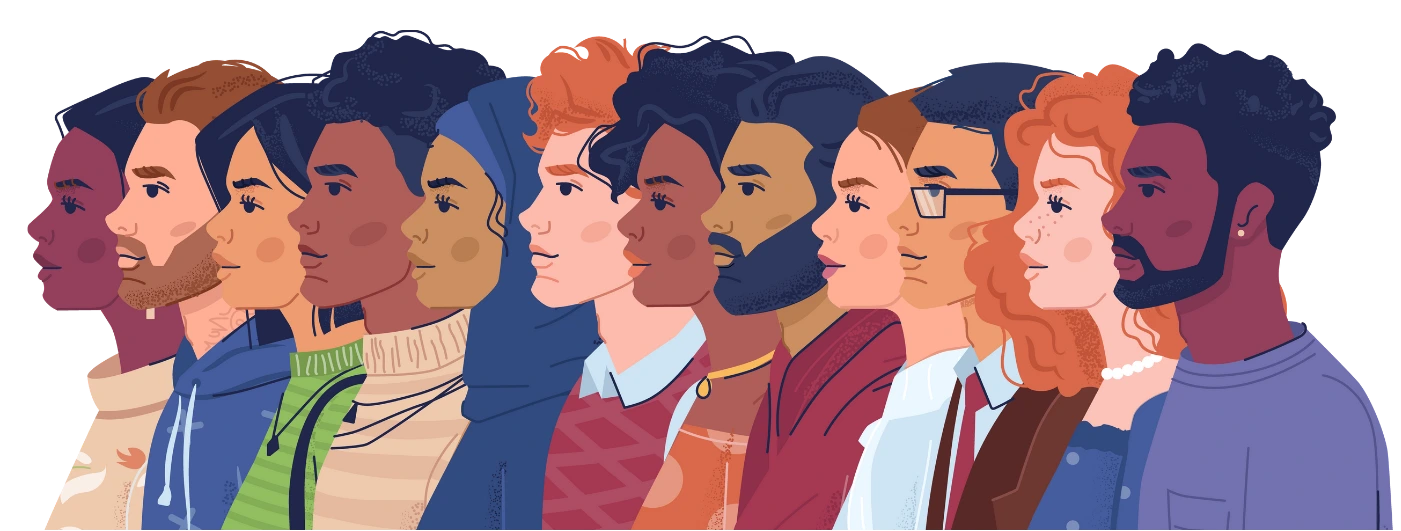
Company: Tata Steel
Success story: Tata Steel was recognised as a global leader for DEI by the World Economic Forum in 2023. They focused on increasing the number of women at work. They did this by:
- Targeted hiring programmes to attract more women.
- Mentorship programmes to support women’s careers.
- Flexible work options to help women balance work and life.
- Unconscious bias training for all employees to create a more inclusive environment.
Impact of diversity, equity, and inclusion in the workplace:
- More women in leadership roles.
- Happier and more engaged employees.
- Better company reputation as a fair employer.
- Showed commitment to human rights by promoting equal opportunities.
Why it’s a strong case study:
- Focus on a specific Diversity, Equity, and Inclusion in the Workplace area: Gender diversity aligns with human rights of equality.
- Measurable results: More women in leadership shows progress.
- Alignment with business goals: Happier employees and better reputation help the business.
One example is salesforce, a leading tech company known for its DEI work. Salesforce has a full DEI plan that includes targeted hiring, employee groups, and a focus on leadership responsibility. They also set clear diversity goals and share their progress publicly, showing a clear and data-driven approach.
Another example is Spotify, a music streaming platform that has made progress in DEI. Spotify has used unconscious bias training, mentorship, and employee groups to support diverse employees. They have also worked on pay fairness and made sure their hiring and promotion processes are fair.
Microsoft, a tech giant, is also recognised for its DEI efforts. Microsoft has a Diversity and Inclusion Advisory Council, uses inclusive hiring practices, and provides DEI Training for underrepresented groups. The company has also publicly supported LGBTQ+ rights and opposes discrimination at work.
These examples show the different ways companies can build a DEI culture. By learning from these leaders, other companies can create their own plans for a more inclusive workplace where everyone can succeed.
Addressing unconscious bias at work
One of the biggest challenges in creating an inclusive and diverse workplace is dealing with unconscious bias. These are the hidden attitudes we all have, often without knowing it. They can greatly affect our decisions and actions at work.
These biases can show up in how we judge job applicants, the opportunities we offer for career growth, and how we see an employee’s performance. This can lead to unfair evaluations and missed chances for some employees. To effectively address this, consider engaging DEI consulting services.
To tackle this, companies need a proactive approach. This starts with making employees aware of unconscious biases and their impact. By providing training that helps people recognise and reduce their own biases, companies can help their workforce make fairer decisions. Consider exploring DEI courses for comprehensive understanding.
Besides employee DEI training, companies should also change their policies to reduce the effect of unconscious biases. This can include using blind resume reviews, having standard interview questions, and making promotion processes clear and fair.
Also, companies should use data to find and address unconscious bias. By looking at employee demographics and tracking the results of Diversity, Equity, and Inclusion in the Workplace efforts, they can see where biases might be happening and take action.
Ultimately, addressing unconscious bias is key to creating a truly inclusive workplace. By acknowledging these biases and taking steps to reduce their impact, organisations can foster a more equitable and empowering environment where all employees can thrive and reach their full potential.
A call to action for businesses to prioritise diversity, equity, and inclusion in the workplace
In today’s fast-changing business world, building a culture of diversity, equity, and inclusion is no longer optional; it’s essential for success. Companies that prioritise DEI not only respect their employees’ basic rights but also gain a significant advantage in the global market.
By embracing diversity, promoting fairness, and fostering inclusion, companies can see many benefits, from more new ideas to happier employees and better financial results. Also, valuing DEI aligns with human rights, ensuring everyone is treated with respect, no matter their background.
However, creating a Diversity, Equity and Inclusion in the Workplace culture has its challenges. Businesses must deal with hidden biases and resistance to change. But by having a complete and strategic plan, companies can create effective DEI policies that lead to real and lasting change. Many diversity and inclusion consulting firms in India can assist in this process.
Now is the time for businesses to strongly commit to DEI. By doing so, they not only create a fairer workplace but also position themselves for long-term success in an increasingly diverse world. The message is clear: embrace DEI, empower your workforce, and unlock your company’s full potential.

Let's discuss
Share this post
Category: Blog
Tags: People advisory
About the author
Director – Sustainable Solutions at Consultivo
Madhabi Guha specialises in the domains of ESG, Social Compliance, Business and Human Rights, Development Projects and focuses on supporting go-to-market teams along with customer and partner relationships. She has been working in the sustainability & business excellence advisory business for over 14 years.
Madhabi has been developing individuals, teams, and organisations in the areas of leadership, excellence and human factors in the field of sustainability, people and community.
Related insights
View more in Impact Stories | Blogs | Knowledge Bank | News and Events





